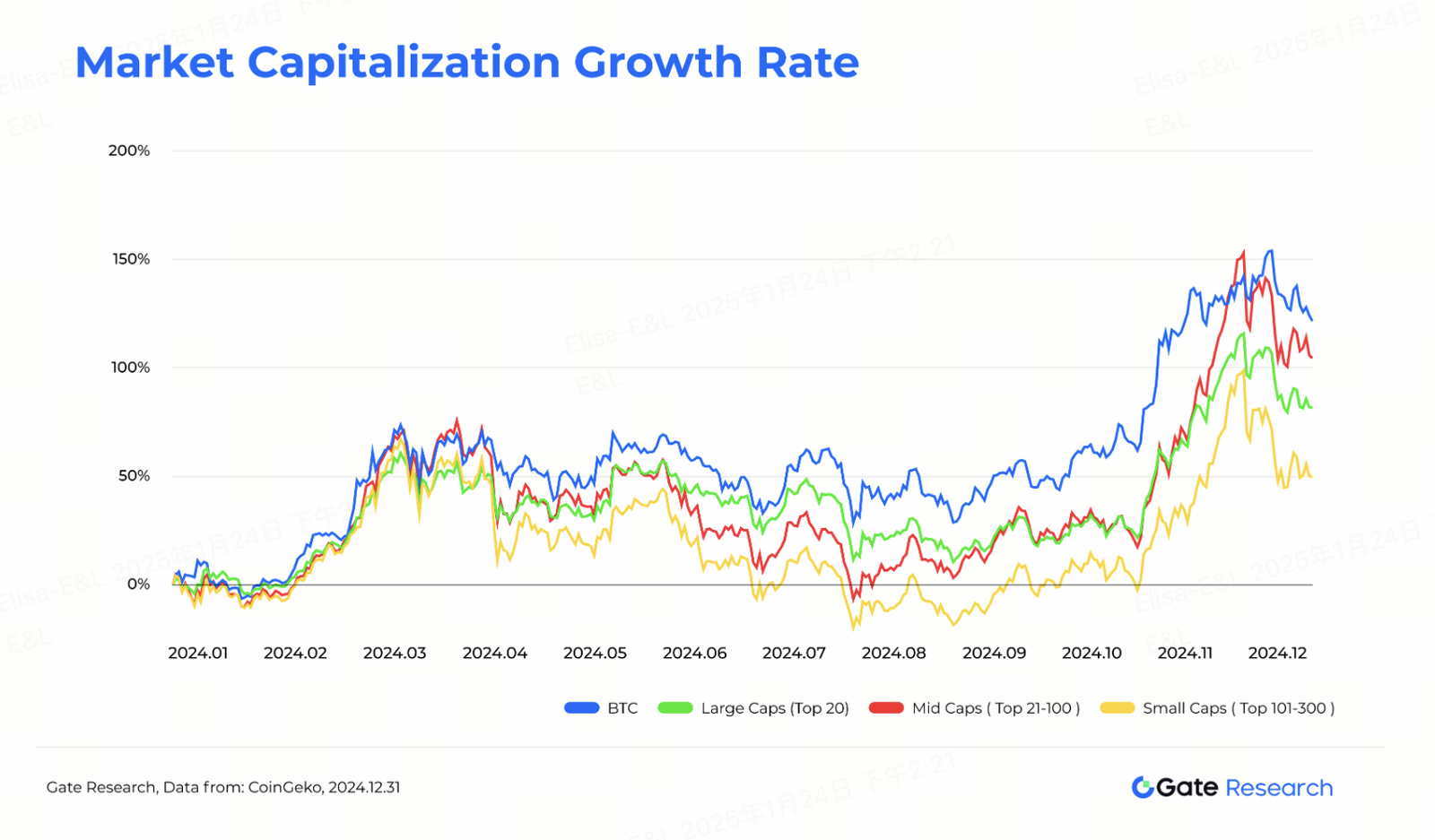Unlocking Security: The Benefits of Storing Cryptocurrency Assets Offline

Understanding Cryptocurrency Storage

The advent of cryptocurrencies has necessitated the development of various storage solutions to secure digital assets. Primarily, cryptocurrency storage can be classified into two main categories: hot wallets and cold wallets. Both play crucial roles in the management of cryptocurrencies, but they differ significantly in terms of accessibility, security, and use case suitability.
Hot wallets, also known as online wallets, are connected to the internet. They provide a user-friendly experience for trading and frequent transactions. Examples include exchange wallets or software wallets installed on devices. While hot wallets are convenient and easily accessible, they pose heightened risks to cryptocurrency security due to their connection to the internet. This vulnerability renders them susceptible to hacking, phishing, and malware attacks, making online storage less advantageous for users who hold large amounts of cryptocurrency.
On the other hand, cold wallets, or offline storage options, serve as a more secure alternative for safeguarding digital assets. Cold wallets are not connected to the internet, which significantly minimizes the risk of unauthorized access and theft. The most common type of cold wallet is the crypto hardware wallet, which is a physical device that stores private keys securely offline. This method of storage is ideal for long-term investors and those who prioritize security over convenience, as it reduces the risk associated with online threats.
Choosing between hot and cold wallets largely depends on the individual user’s needs. Investors who engage in frequent trading might prefer hot wallets for their ease of use, while those who hold substantial amounts of cryptocurrency often opt for offline crypto storage solutions to enhance their asset protection. Understanding these differences is vital for making informed decisions regarding cryptocurrency storage, effectively setting the stage for exploring the specific benefits of offline storage methods in the subsequent sections of this blog.
Enhanced Security: Guarding Against Hacks
Cryptocurrency has garnered immense popularity as a decentralized digital asset, yet this popularity has made it a prime target for cybercriminals. One of the paramount strategies for ensuring cryptocurrency security is the adoption of offline crypto storage methods. Offline wallets, such as hardware wallets and paper wallets, provide a substantial layer of protection against the myriad of online threats that can lead to the loss of crypto assets.
By storing cryptocurrencies offline, users can eliminate their exposure to hacking attempts that plague online storage solutions. For instance, hardware wallets, which are physical devices designed to securely store private keys, keep these identifiers off the internet. Therefore, even if a hacker manages to breach a user’s online accounts or networks, access to the cryptocurrency remains impossible without the physical device.
Real-world breaches have underscored the importance of enhanced security in cryptocurrency storage. Notable incidents, such as the Mt. Gox exchange hack, highlighted vulnerabilities within online storage systems. In 2014, Mt. Gox, at the time the largest Bitcoin exchange globally, lost approximately 850,000 Bitcoins due to a breach, leading to a significant financial disaster for investors. Such examples elucidate the critical necessity of isolating assets from online threats, reinforcing the argument for utilizing tools like a crypto hardware wallet.
Furthermore, phishing attacks and malware can find ways into online wallets, compromising personal information and private keys. In contrast, when assets are stored offline, these vectors of attack become significantly less effective, providing users with an increased assurance regarding their cryptocurrency security. The use of offline crypto storage not only secures funds but also promotes peace of mind for investors wary of the ever-evolving landscape of cyber threats.
Control and Ownership: Keeping Your Assets Yours
In the realm of cryptocurrency, maintaining control and ownership of one’s assets is paramount. The advent of online exchanges and digital wallets has made transactions exceedingly convenient; however, this ease comes with inherent risks. Utilizing offline crypto storage methods, such as a crypto hardware wallet, significantly mitigates threats posed by cyberattacks and unauthorized access. By storing assets offline, users retain sole ownership of their private keys, which are critical for accessing and managing cryptocurrency holdings.
The decentralization principle at the core of cryptocurrencies emphasizes that individuals should have complete control over their assets without reliance on centralized entities. By leveraging offline storage, cryptocurrency enthusiasts ensure that their holdings are removed from the vulnerabilities associated with online platforms. This self-sufficiency is crucial in fostering a sense of personal sovereignty in the management of one’s digital wealth. Whereas third-party services carry risks of hacking, theft, and even mismanagement, offline storage solutions empower users by placing the responsibility of security directly in their hands.
Furthermore, owning a crypto hardware wallet can serve as a resilient safeguard against abrupt changes in market conditions or platform legitimacy. Such wallets facilitate secure transactions while ensuring that sensitive information remains confidential and protected from potential breaches. This direct alignment with the core values of cryptocurrencies—transparency, control, and independence—reinforces the rationale for adopting offline crypto storage strategies. Adopting this approach not only underscores the importance of security but also exemplifies a commitment to the decentralized ethos that many cryptocurrency users champion.
In conclusion, maintaining control and ownership through offline storage not only protects assets from online threats but also aligns with the principles of personal sovereignty and decentralization prevalent within the cryptocurrency community.
Long-Term Investment Strategy: Protection Against Market Volatility
Investing in cryptocurrencies has become a widely recognized avenue for potential gains; however, the inherent volatility of the market poses various risks to investors. One significant strategy for mitigating these risks is the adoption of offline crypto storage methods, which provide enhanced security for digital assets. In a market characterized by sudden fluctuations, utilizing a crypto hardware wallet can serve as a crucial tool in safeguarding one’s investments. Unlike leaving assets on exchanges, where they may be susceptible to hacks or operational failures, offline storage offers a shielded environment for long-term holdings.
The unpredictable nature of cryptocurrency markets can lead to drastic price changes within short time frames. By storing assets offline, investors effectively insulate themselves from unexpected downturns and potential exchange shutdowns. Crypto hardware wallets provide not only secure storage but also ensure that private keys are kept away from the reach of cybercriminals. This measure reinforces cryptocurrency security, allowing investors to maintain a calm approach during turbulent market conditions and focus on long-term growth rather than short-term stress.
To maximize the advantages of offline storage, it is crucial to employ proper management and storage techniques. Investors should always ensure their hardware wallets are updated to protect against emerging security threats. Conducting regular audits of stored assets and maintaining a secure backup of wallet information can further enhance the safety of holdings. Additionally, keeping the hardware wallet in a physically secure location adds an extra layer of protection against theft or damage. This multifaceted approach to offline crypto storage fosters a resilient long-term investment strategy that prioritizes security and accessibility. As cryptocurrency investors continue to navigate the complexities of the digital asset landscape, implementing these practices will help ensure their portfolios remain intact and capable of weathering market uncertainties.










